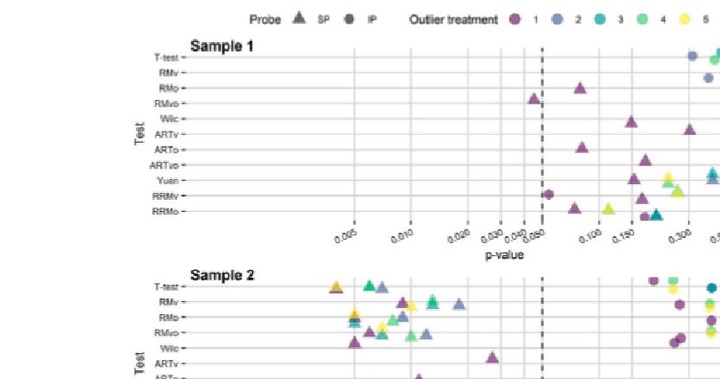A multiverse analysis of early attempts to replicate memory suppression with the Think/No-think Task

In 2001, Anderson and Green [2001. Suppressing unwanted memories by executive control. Nature, 410(6826), 366–369] showed memory suppression using a novel Think/No-think (TNT) task. When participants attempted to prevent studied words from entering awareness, they reported fewer of those words than baseline words in subsequent cued recall (i.e., suppression effect).
The TNT literature contains predominantly positive findings and few null-results. Therefore we report unpublished replications conducted in the 2000s (N=49; N=36). As the features of the data obtained with the TNT task call for a variety of plausible solutions, we report parallel “universes” of data-analyses (i.e., multiverse analysis) testing the suppression effect. Two published studies were reanalysed in a similar fashion.
For recall probed with studied cues (Same Probes, SP), some tests (sample 3) or all (samples 2 and 4) showed statistically significant suppression effects, whereas in sample 1, only one test showed significance. Recall probed with novel cues (Independent Probes, IP) predominantly rendered non-significant results.
The absence of statistically significant IP suppression effects raises problems for inhibition theory and its implication that repression is a viable mechanism of forgetting.